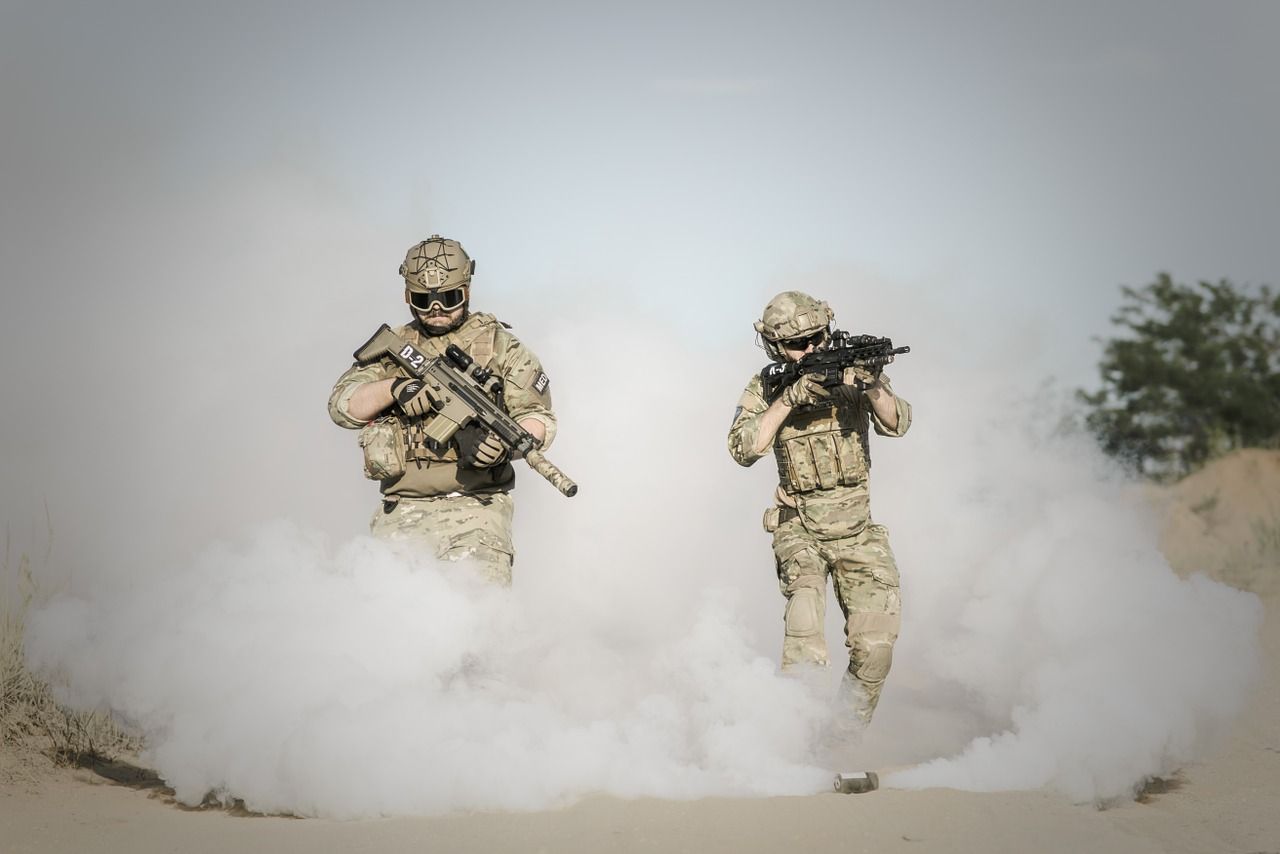PCS orders can move you from a legal adult-use state to a total-prohibition state overnight. Start with two ground truths: (1) cannabis remains illegal under federal law, and (2) Department of Defense rules prohibit use by service members—on or off duty—regardless of state policy. Article 112a of the Uniform Code of Military Justice (UCMJ) criminalizes wrongful use, possession, or distribution of controlled substances; violations can trigger adverse actions up to court-martial. DoD and service-specific rules also make THC use disqualifying and caution against hemp/CBD products because of testing risk. None of this changes when you cross a state line.
That said, your family members and civilian coworkers live under state law off-installation. As of June 26, 2025, 40 states plus D.C. allow medical cannabis, and 24 states plus D.C. allow non-medical (adult-use) possession, but eligibility, product types, purchase limits, and home-grow rules vary widely. An authoritative, up-to-date snapshot is the National Conference of State Legislatures (NCSL) database and legalization overview; NORML’s state pages are also useful for quick lookups. Always verify current possession limits and where consumption is permitted, because local ordinances and tribal jurisdictions (for example, the Eastern Band of Cherokee Indians in North Carolina) may set their own rules.
Driving rules are a second patchwork to watch. States take different approaches to marijuana-impaired driving: some use “zero-tolerance” or per se THC blood limits, others require proof of actual impairment, and Colorado uses a “permissible inference” at 5 ng/mL THC. Open-container-style rules for cannabis in vehicles are also increasingly common. If your household will be driving across multiple states on leave or during a move, check the state’s DUID and in-vehicle cannabis rules in advance.
Hemp-derived intoxicants (delta-8, delta-10, “THC-P”) introduce more complexity. After the 2018 Farm Bill, these products proliferated where marijuana remains illegal, but states are rapidly changing course—some regulate them like cannabis, others impose potency caps or outright bans, and governors have used emergency powers to restrict sales. The legal landscape is fluid across 2025, and DoD guidance warns members that product labels may be inaccurate and that positive THC tests are still punishable. For families, check current state actions before buying “hemp” edibles.
Care within the VA is a separate but related issue for veterans in your household. VA policy (VHA Directive 1315 and public guidance) states veterans will not be denied VA benefits for state-legal cannabis use, and they are encouraged to discuss use with their VA clinicians; VA providers, however, cannot prescribe or recommend cannabis or register patients in state programs. That’s important to know if a spouse or veteran dependent is navigating pain, PTSD, or sleep issues while moving between states.
Quick checklist before/after you move
- Confirm your gaining state’s status (medical/adult-use/ban), possession limits, and consumption rules via NCSL or state regulators.
- Review DUID standards and “cannabis in vehicle” laws for all states on your route.
- Avoid CBD/hemp products if you’re in uniform; DoD prohibits use and you’re liable under the UCMJ.
- Do not possess or use cannabis on federal property or installations—ever.
- Veterans in the household can discuss cannabis use with VA providers without losing benefits, but VA cannot recommend it.
Laws shift frequently; rely on primary state resources and recognized policy trackers before you pack or purchase.

